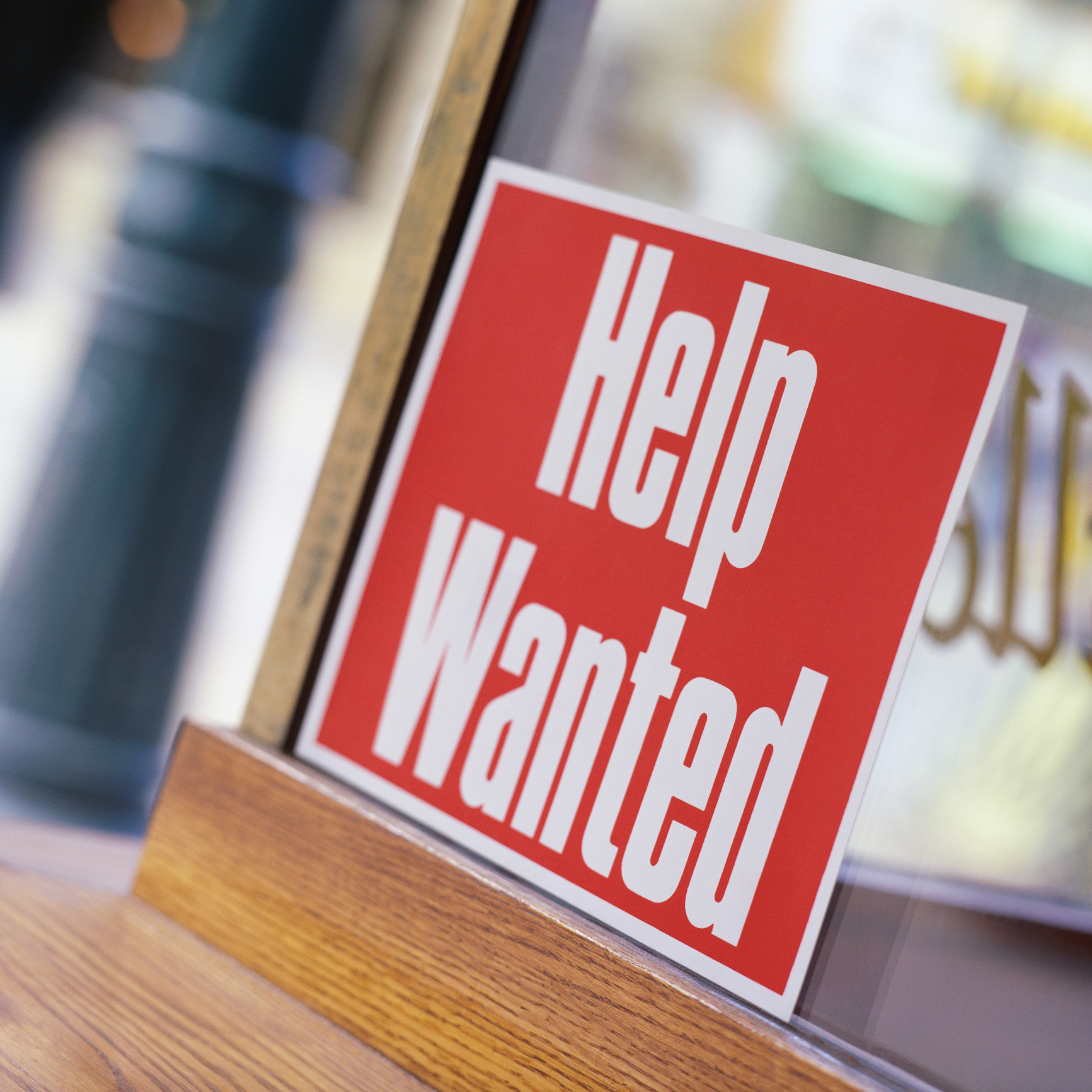
The National Federation of Independent Business (NFIB) Tuesday morning reported that its small business optimism index for December rose 0.4 points from 94.8 in November to come in at 95.2. The December reading remains below the index’s 42-year average of 98.
The four “hard” measures of the index posted mixed results last month. The job creation component rose four percentage points in December to 15%, the job openings component rose one point to 28%, capital spending plans also rose a point to 26% and inventory investment plans remained unchanged for the third month in a row at zero.
Some 20% of small business owners plan to raise employees’ pay in the next several months. That’s flat compared with November, on a seasonally adjusted basis
In its commentary on the report the NFIB noted:
The December survey results probably came in too early and the sample is small to allow much interpretation as a response to the Fed move. In the same month Congress made permanent expensing and other favorable tax changes that had an immediate impact on bottom lines whereas most borrowers already have their cheap loans. However, prospects for any other substantive policy changes in 2016 are not good. The President appears to be shifting his attention to foreign policy and guns. Congress has a lot of economic growth supporting legislation under consideration, but most is politically difficult to pass or unlikely to receive Presidential approval. And savings at the pump in 2016 may be offset by losses at the light switch if EPA regulations for power generation are put in force.
The NFIB reports that 28% of business owners currently have positions open that they are unable to fill (up a percentage point from November) and that 48% said there were few or no qualified applicants for the open positions, up one point from the prior month’s total.
Business owners said their single most important problem is taxes (22%), government regulations and red tape (20%) or quality of labor (15%). The least important problems are inflation (2%) and financing and interest rates (2%).
Take Charge of Your Retirement In Just A Few Minutes (Sponsor)
Retirement planning doesn’t have to feel overwhelming. The key is finding expert guidance—and SmartAsset’s simple quiz makes it easier than ever for you to connect with a vetted financial advisor.
Here’s how it works:
- Answer a Few Simple Questions. Tell us a bit about your goals and preferences—it only takes a few minutes!
- Get Matched with Vetted Advisors Our smart tool matches you with up to three pre-screened, vetted advisors who serve your area and are held to a fiduciary standard to act in your best interests. Click here to begin
- Choose Your Fit Review their profiles, schedule an introductory call (or meet in person), and select the advisor who feel is right for you.
Why wait? Start building the retirement you’ve always dreamed of. Click here to get started today!
Thank you for reading! Have some feedback for us?
Contact the 24/7 Wall St. editorial team.


